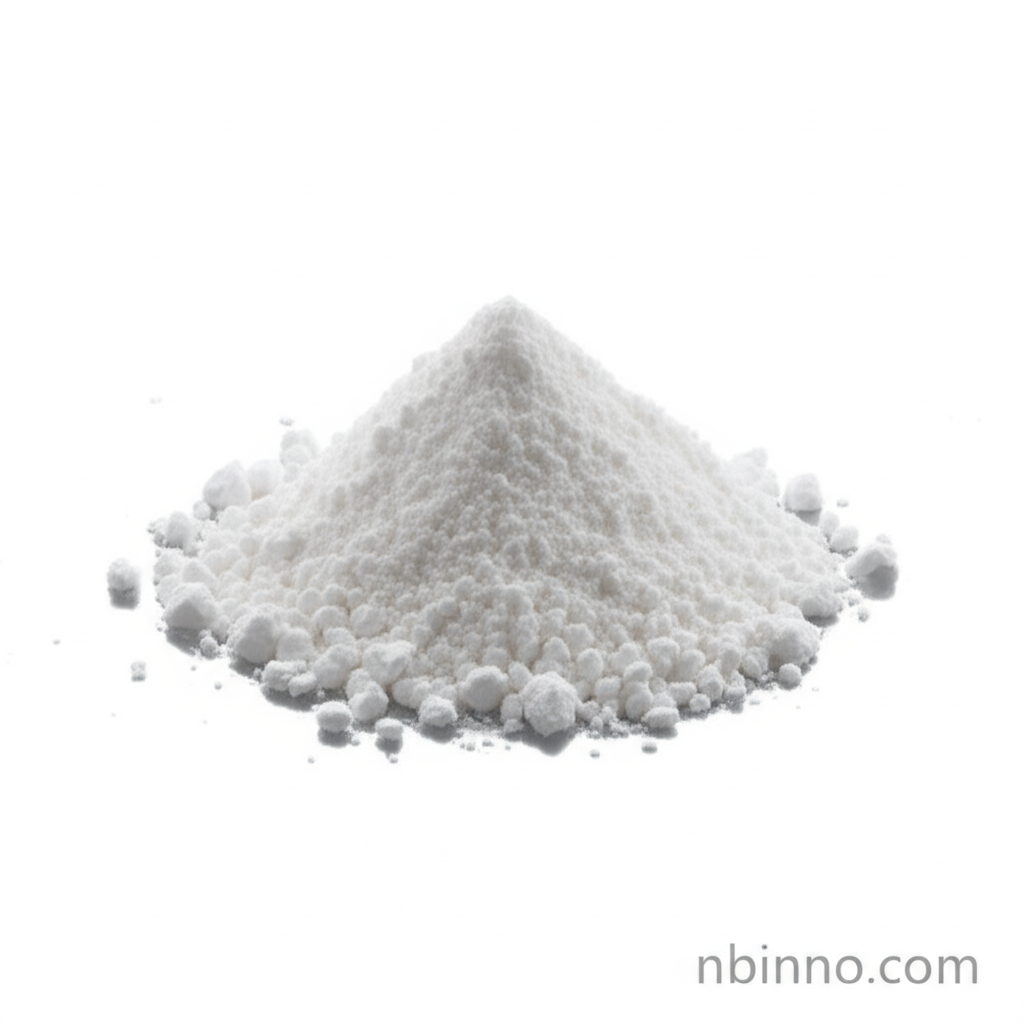Neomycin Sulfate (CAS 1405-10-3): Your Trusted Supplier for High-Quality Antibiotics
Discover the premium quality Neomycin Sulfate from a leading China manufacturer. Essential for livestock health and infection control, our product meets stringent quality standards, ensuring efficacy for veterinary applications. Inquire today for bulk pricing and reliable supply.
Get a Quote & SampleHigh-Purity Neomycin Sulfate for Veterinary Excellence

Neomycin Sulfate (CAS 1405-10-3)
As a premier Neomycin Sulfate supplier in China, we offer exceptional quality for your manufacturing needs. Our product boasts high purity (≥99.00%), making it a reliable choice for veterinary applications. We are committed to providing competitive Neomycin Sulfate prices and consistent supply to our global partners.
- Reliable Neomycin Sulfate manufacturer in China, ensuring consistent product availability.
- High Purity (≥99.00%) Neomycin Sulfate for optimal efficacy in animal health applications.
- Competitive Neomycin Sulfate price for bulk purchases.
- Strict quality control for all Neomycin Sulfate products.
Key Advantages of Sourcing Neomycin Sulfate
Broad-Spectrum Efficacy
Neomycin Sulfate is an effective aminoglycoside antibiotic used to prevent and treat bacterial diseases in livestock and poultry. It targets specific bacterial strains, making it a vital component in animal husbandry for disease management.
Veterinary Applications Focus
Specially formulated for veterinary use, our Neomycin Sulfate is ideal for treating conditions like dysentery and diarrhea caused by E. coli and Salmonella in pigs, chickens, cattle, and other livestock. It's also used for fish and shrimp enteritis treatment.
Quality and Purity Assurance
We guarantee a minimum purity of 99.00% for our Neomycin Sulfate. Our manufacturing processes adhere to strict quality standards, ensuring that you receive a product that meets the highest specifications for your formulations. Buy Neomycin Sulfate with confidence.
Neomycin Sulfate: Core Application Areas
Livestock Health Management
Prevent and treat gastrointestinal infections in pigs, chickens, and cattle, ensuring healthier herds and flocks. This is a critical application for veterinary farmers.
Aquaculture Disease Control
Effective treatment for enteritis in fish and shrimp, supporting the health and productivity of aquaculture operations. Sourcing quality Neomycin Sulfate is key.
Surgical Infection Prevention
Used in conjunction with other treatments to prevent bacterial infections during specific surgical procedures in animals, contributing to better recovery outcomes.
General Antibacterial Support
As a reliable antibiotic, it offers essential support in maintaining animal well-being and controlling the spread of bacterial pathogens in agricultural settings.
